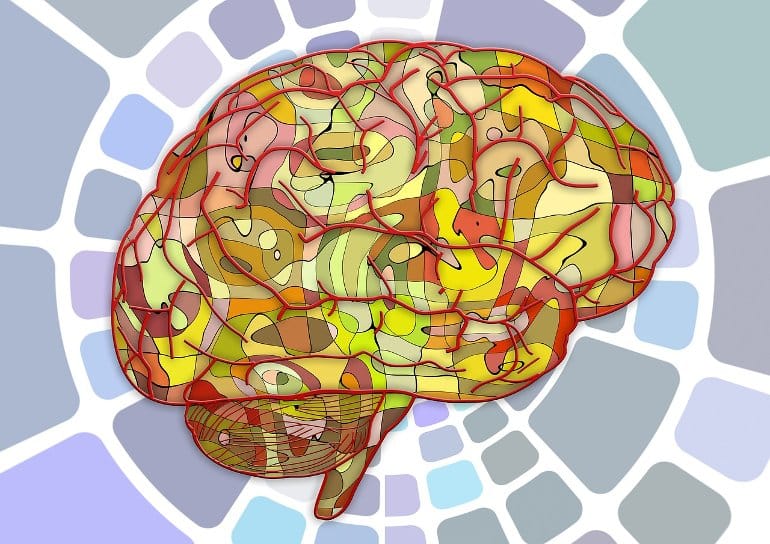
– Definition of neurology: a science involved in the study of the nervous systems, especially of the diseases and disorders affecting them.
– Neurology research can include information involving brain research, neurological disorders, medicine, brain cancer, peripheral nervous systems, central nervous systems, nerve damage, brain tumors, seizures, neurosurgery, electrophysiology, BMI, brain injuries, paralysis and spinal cord treatments.
Our psychology articles cover research in mental health, psychiatry, depression, psychology, schizophrenia, autism spectrum, happiness, stress and more.
Summary: Pregnant women who drink small-to-moderate amounts of alcohol during pregnancy risk altering their baby’s brain structure and delaying brain development.A new MRI study revealed that consumption of alcohol even in low to moderate amounts during pregnancy can change the baby’s brain structure and delay brain development.Alcohol consumption during pregnancy can expose the fetus to a group of conditions called fetal alcohol spectrum disorders.Babies born with fetal alcohol spectrum disorders could develop learning disabilities, behavioral problems or speech and language delays.
In fetuses with alcohol exposure, the fetal total maturation score (fTMS) was significantly lower than in the age-matched controls, and the right superior temporal sulcus (STS) was shallower.Brain changes were seen in the fetuses even at low levels of alcohol exposure.“Seventeen of 24 mothers drank alcohol relatively infrequently, with average alcohol consumption of less than one alcoholic drink per week,” Dr.According to the researchers, delayed fetal brain development could be specifically related to a delayed stage of myelination and less distinct gyrification in the frontal and occipital lobes.“As we show in our study, even low levels of alcohol consumption can lead to structural changes in brain development and delayed brain maturation.”
It is unclear how these structural changes will affect brain development in these babies after birth